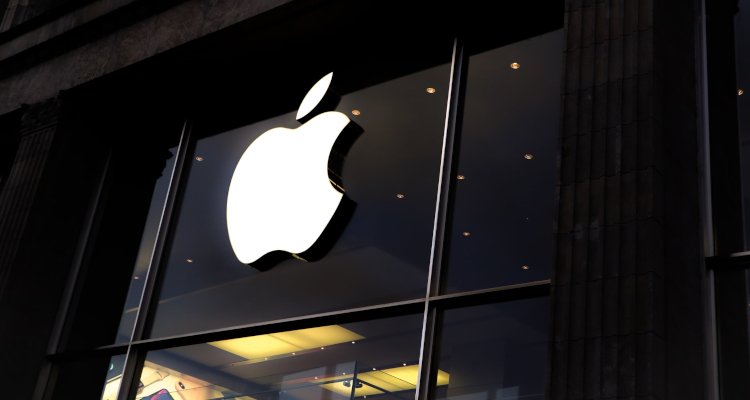An exterior shot of an Apple Store. Photo Credit: Laurenz Heymann
Apple has officially settled a copyright infringement lawsuit filed by the heirs of Tin Pan Alley composers Harold Arlen, Ray Henderson, and Harry Warren.
The settlement just recently came to light in a court-docket update, though the underlying terms of the deal haven’t yet been publicly revealed. Moreover, neither Apple nor the plaintiffs looked to have spoken of the agreement publicly at the time of this piece’s writing.
Additionally, a co-defendant called Genepool, which bills itself as an “indie music label and distributor,” doesn’t seem to have broached the subject with a statement, whereas the final defendant, Ideal Music Limited, has an essentially nonexistent digital presence.
In any event, the descendants of the mentioned Tin Pan Alley professionals, having obtained at least a portion of the rights in question via termination notices, submitted the complaint against Apple back in April of 2020. (The same plaintiffs settled similar actions with Google, Amazon, and Microsoft in 2021, according to Reuters.)
And per the straightforward suit involving Apple, the Cupertino-headquartered company committed “massive and flagrant” piracy by offering on iTunes north of 100 recordings of the compositions owned by the plaintiffs, including but not limited to Arlen’s “Over the Rainbow,” Henderson’s “I’m Sitting on Top of the World,” and Warren’s “That’s Amore.”
Apple was said to have licensed the works from the aforementioned pair of UK entities, Genepool and Ideal Music (the latter allegedly being “a huge music piracy operation”). “Genepool specifically selected and contracted with Ideal Music to provide the Ideal Music digital music catalog to be sold in the iTunes store on negotiated financial terms,” the legal text reads.
The lawsuit doesn’t dive into the precise details of the arrangement, including how exactly Apple and other prominent companies ultimately inked the challenged licensing pacts. But it bears highlighting that the UK in 2013 extended the copyright length for recordings from 50 to 70 years.
Consequently, the pre-1963 recordings made available via iTunes (and at the center of the courtroom confrontation) had presumably entered the public domain in the UK – while the rights to the underlying compositions had not.
“Apple had knowledge of their own infringing conduct and that of Ideal Music and Genepool but continued to work with them and make digital phonorecord deliveries and other reproductions and distributions of the pirated recordings of the Subject Compositions,” the action drove home.
In June, the National Music Publishers’ Association, as part of a broader crackdown against 100 apps that had allegedly used protected music without authorization, sent the the Play Store owner Google and the App Store owner Apple “formal notices…demanding accountability for this problem.”

